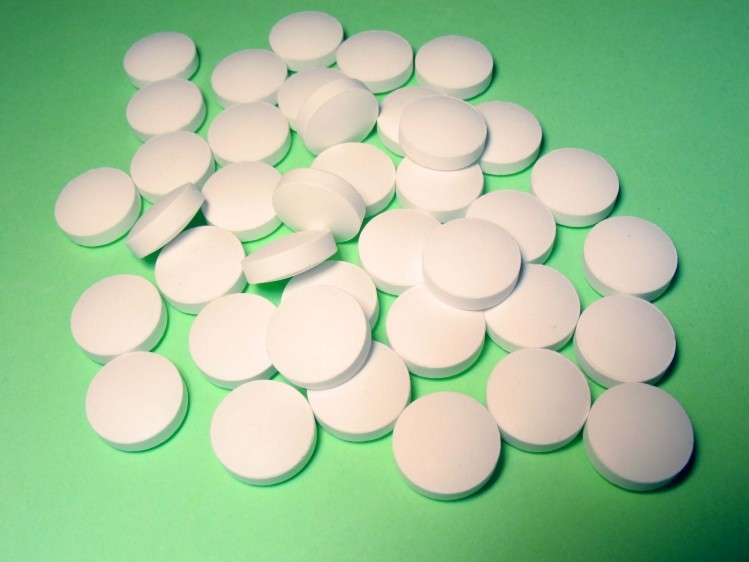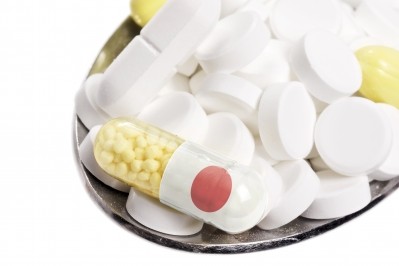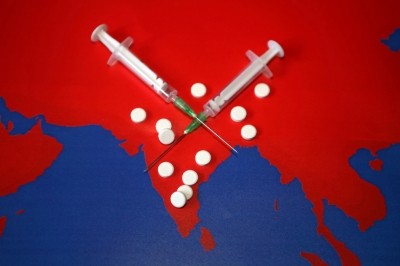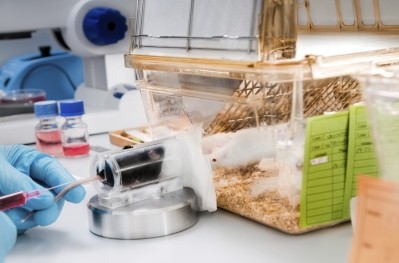Trust needed to bring back clinical trials to India, says ISCR president

As previously reported by Outsourcing-Pharma.com, India has a “natural potential to grow,” according to Syngene CEO Peter Bains. However, this growth will not be without its challenges.
“Hasty regulatory reforms, judicial and social activism and some sensational/misleading media reporting – have posed a challenge to conducting clinical [research] in the country,” Suneela Thatte, President of the Indian society for Clinical Research (ISCR) tells us.
At the end of 2014 through 2015, Indian regulators took steps to mitigate these challenges and to address stakeholder concerns by amending regulations, creating new orders, and offering further guidance on existing ones.
“While more still needs to be done and it will take time before parity is restored, the step forward is a positive one,” says Thatte.
The setbacks
India didn’t enter the global clinical trial market until the 1990s, and it wasn’t until the early 21st century that the market was established and recognized as a science on its own – making the market relatively younger than more developed ones, such as in the US and Europe.
Yet, data from Clinicaltrials.gov indicates that the growth in the number of clinical trials registered in India was in line with worldwide growth, and in proportion with growth in developed markets, such as the US, Japan, and Korea – up until about 2010.
“Thereafter, a combination of several factors in the external environment resulted in a major setback for clinical research in India,” explains Thatte.
At this point, several sponsors, including Indian and multinational biopharma companies, academic institutions, and non-profits, decided to move studies to other countries because of “the unpredictable and uncertain regulatory environment,” she explains.
“As a result, the proportion of clinical trials has fallen at a time when our burden of disease is only increasing.”
Responsibility
In order to move forward, Thatte explains the importance of continuing on the current trajectory of change and evolution.
“What has been extremely encouraging is the inclusive approach adopted by the regulators whereby stakeholder feedback has been actively sought and acted upon in many cases, and we hope this will continue,” she adds.
However, regulators still need to invest in building the infrastructure to ensure better governance and clinical research management for the future.
“ISCR is fully supportive of these initiatives to create a more robust and regulated environment which ensures the practice of the highest standards of ethics and quality and where patient rights and safety are protected,” explains Thatte.
Yet, one of the greatest challenges the country faces is building trust among global stakeholders in India’s new regulatory environment, which is “now a more conducive environment for clinical research in the country.”
“While this not an easy task and will take time,” says Thatte, “it is the collective responsibility of all stakeholders across the clinical research to restore confidence in a clinical research process that stands not only for quality and innovation, but also safety and ethics, while also highlighting the need for clinical research in the country.”
Thatte hopes that India will eventually reach a point where it is recognized for the high quality of clinical research done in the country and that its patients will be acknowledged for their “selfless contribution to bringing new drugs and new treatment to market.” Part of this is creating “more acceptance and realization across the public at large about the role and relevance of clinical research in India and that it contributes to the greater good of everyone,” she adds.
Ultimately, Thatte says that India needs to take a more proactive role in conducting clinical research for India.
“We have a great responsibility on our shoulders given where clinical research stands today in India.”
















